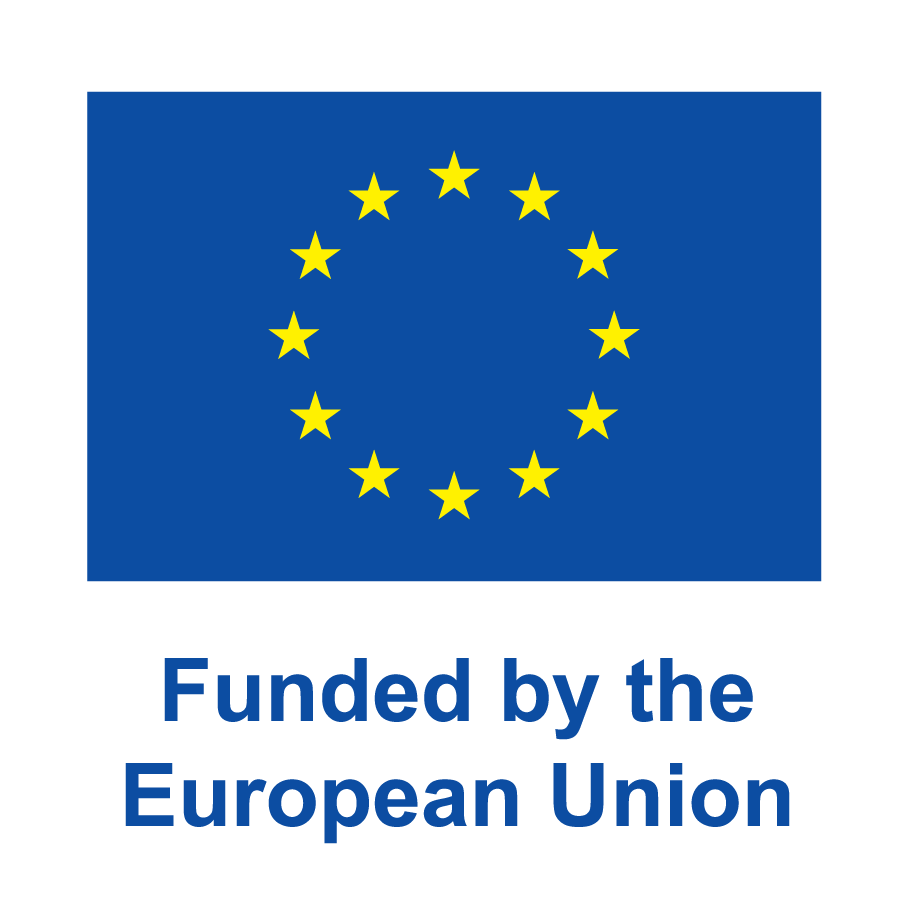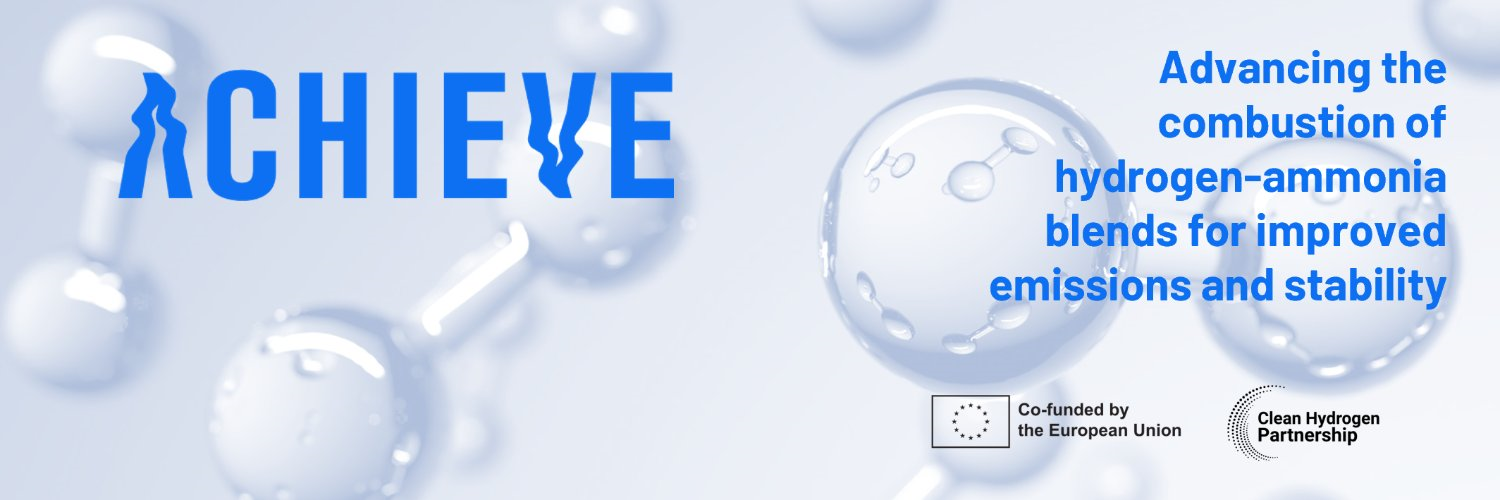ACHIEVE

ACHIEVE - Advancing the Combustion of Hydrogen-AmmonIa blEnds for improVed Emissions and stability
Id call: HORIZON-JTI-CLEANH2-2023-1 Research on fundamental combustion physics, flame velocity and structure, pathways of emissions formation for hydrogen and variable blends of hydrogen, including ammonia

Sapienza's role in the project: Coordinator
Scientific supervisor for Sapienza: Francesco Creta
Department: Department of Mechanical and Aerospace Engineering
Project start date: October 1, 2024
Project end date: June 30, 2027
Abstract:
To mitigate the impact of greenhouse gases on the environment and climate, the gas turbine power generation industry must rapidly reduce its emissions. This requires abandoning the traditional combustion of carbon-based natural gas in favour of carbon-free fuels. ACHIEVE aims to develop the fundamental knowledge to transition to unconventional carbon-free fuel blends based around H2 and NH3 to achieve zero carbon emissions, ultra-low NOx emissions, and stable gas turbine operation. ACHIEVE proposes a three-pronged strategy consisting of (a) experimental and (b) numerical activities, that will advance the technology readiness level (TRL) up to 4 for practical low emissions combustors for realistic and representative blends of fuels, as well as (c) system level engagement with OEMS, end users, and stakeholders. Experimental campaigns will explore combustor stability limits, emissions, and fundamental aspects of the combustion of hydrogen blends, with the complexity of the experimental burners and operating conditions increasing over time and culminating in tests performed at intermediate pressures and powers relevant to gas turbine conditions. Numerical activities will address combustion modelling challenges, including chemical kinetics, fundamental physics governing flame dynamics, ushering in new modelling techniques such as artificially thickened flames coupled with virtual chemistry, sub-grid LES models for thermo-diffusive instabilities and stability analysis aimed to understand and predict NOx formation mechanism, lean blow off, flashback limits and thermoacoustic instabilities. Real-time monitoring and predictive capabilities for practical combustion systems will also be developed. Finally, in the third prong, engagement with industry, OEMs, and other target groups will leverage the results of ACHIEVE with the necessary stakeholders to progress the transition to a carbon-free fuel for power generation.
Sapienza will be coordinating ACHIEVE and will be leading all project management activities. In addition, Sapienza will play a key role in several numerical activities focused on the basic understanding of the combustion processes of hydrogen and ammonia mixtures. In particular, Sapienza's activities will focus on (a) chemical kinetic mechanism reduction and analysis and (b) LES modelling of intrinsically unstable premixed flames. The Computational Singular Perturbation (CSP) will be employed to develop a family of skeletal mechanisms tailored to different blends and conditions, which will be then validated and thoroughly analyzed by identifying the driving chemical processes. Concurrently, Sapienza will also develop a novel, data-driven combustion model capable of accounting for the effect of thermal diffusive instability, which will be extensively validated on simple configurations as well as on the experimental burners employed in the experimental activities of ACHIEVE.

